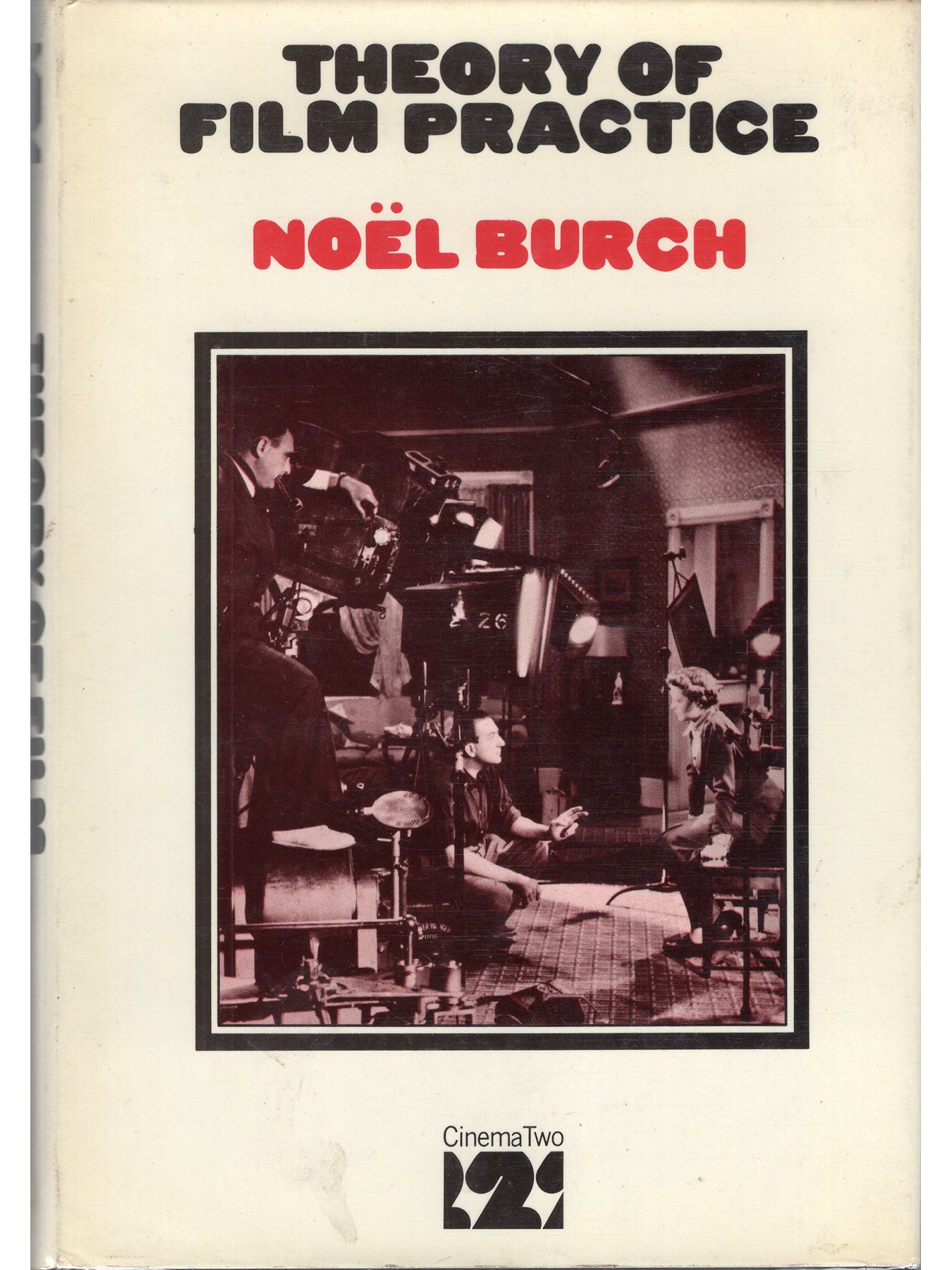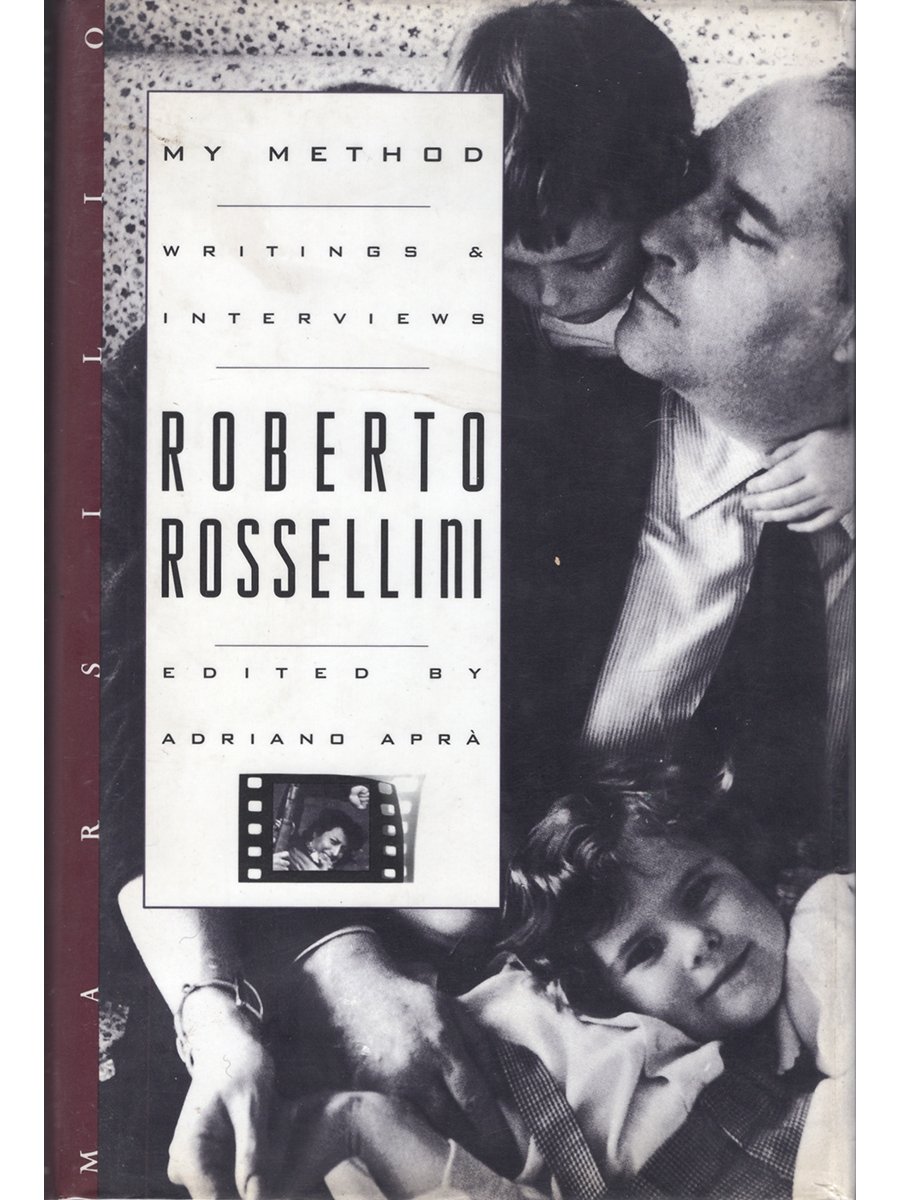The Cinema of Malcolm Lowry: A Scholarly Edition of Lowry's "Tender Is the Night" (Hardcover First Edition)
Published by University of British Columbia Press, 1990
Hardcover
First Edition
262 pages
9.5x6.5 inches
Near Fine book and dust jacket. Comes in removable protective Brodart mylar cover.
To a remarkable extent the filmscript of Tender is the Night, which Malcolm Lowry wrote in 1949-50 with the help of Margerie Bonner Lowry, is less an adaptation of F. Scott Fitzgerald’s novel than an extension of Lowry's own fiction. As editors Miguel Mota and Paul Tiessen show, Malcolm Lowry's script contains important passages which are really "cinematic" restatements of parts of Lowry’s own novel Lunar Caustic, and of short stories such as “Through the Panama” and “Strange Comfort Afforded by the Profession.”
The editors note also the many direct and indirect allusions to elements from Lowry’s masterwork, Under the Volcano (1947), a novel that is regarded by many critics as one of the most “cinematic” prose works of the twentieth century. A close study of the text reveals that Lowry took on the Tender is the Night project partly as a means of reopening his Under the Volcano narrative, of re-exploring its plot and problems and its characters and themes, and of carrying as far as possible the "cinematic" style he had begun to examine in that work.
Lowry's Tender is the Night manuscript is important, then, not only as a completed, 455-page text in its own right but also as a text having a direct bearing on Lowry's own reading of Under the Volcano and of his sense of artistic direction after that work. Indeed, the editors consider the significance of the filmscript as a key - hitherto almost entirely overlooked - to understanding his projected multiple volume work, The Voyage That Never Ends.
This scholarly edition of Lowry's script presents 38 passages of varying length—from less than one page to over 100 pages—in which Lowry writes with a freedom and creativity that lead to a text narratively and stylistically quite separate and distinct from Fitzgerald’s original. It excludes passages where Lowry adheres more or less slavishly, at 37 intervals, to Fitzgeralds’ novel, though it provides brief narrative summaries of and comments on those omitted sections.
Published by University of British Columbia Press, 1990
Hardcover
First Edition
262 pages
9.5x6.5 inches
Near Fine book and dust jacket. Comes in removable protective Brodart mylar cover.
To a remarkable extent the filmscript of Tender is the Night, which Malcolm Lowry wrote in 1949-50 with the help of Margerie Bonner Lowry, is less an adaptation of F. Scott Fitzgerald’s novel than an extension of Lowry's own fiction. As editors Miguel Mota and Paul Tiessen show, Malcolm Lowry's script contains important passages which are really "cinematic" restatements of parts of Lowry’s own novel Lunar Caustic, and of short stories such as “Through the Panama” and “Strange Comfort Afforded by the Profession.”
The editors note also the many direct and indirect allusions to elements from Lowry’s masterwork, Under the Volcano (1947), a novel that is regarded by many critics as one of the most “cinematic” prose works of the twentieth century. A close study of the text reveals that Lowry took on the Tender is the Night project partly as a means of reopening his Under the Volcano narrative, of re-exploring its plot and problems and its characters and themes, and of carrying as far as possible the "cinematic" style he had begun to examine in that work.
Lowry's Tender is the Night manuscript is important, then, not only as a completed, 455-page text in its own right but also as a text having a direct bearing on Lowry's own reading of Under the Volcano and of his sense of artistic direction after that work. Indeed, the editors consider the significance of the filmscript as a key - hitherto almost entirely overlooked - to understanding his projected multiple volume work, The Voyage That Never Ends.
This scholarly edition of Lowry's script presents 38 passages of varying length—from less than one page to over 100 pages—in which Lowry writes with a freedom and creativity that lead to a text narratively and stylistically quite separate and distinct from Fitzgerald’s original. It excludes passages where Lowry adheres more or less slavishly, at 37 intervals, to Fitzgeralds’ novel, though it provides brief narrative summaries of and comments on those omitted sections.
Published by University of British Columbia Press, 1990
Hardcover
First Edition
262 pages
9.5x6.5 inches
Near Fine book and dust jacket. Comes in removable protective Brodart mylar cover.
To a remarkable extent the filmscript of Tender is the Night, which Malcolm Lowry wrote in 1949-50 with the help of Margerie Bonner Lowry, is less an adaptation of F. Scott Fitzgerald’s novel than an extension of Lowry's own fiction. As editors Miguel Mota and Paul Tiessen show, Malcolm Lowry's script contains important passages which are really "cinematic" restatements of parts of Lowry’s own novel Lunar Caustic, and of short stories such as “Through the Panama” and “Strange Comfort Afforded by the Profession.”
The editors note also the many direct and indirect allusions to elements from Lowry’s masterwork, Under the Volcano (1947), a novel that is regarded by many critics as one of the most “cinematic” prose works of the twentieth century. A close study of the text reveals that Lowry took on the Tender is the Night project partly as a means of reopening his Under the Volcano narrative, of re-exploring its plot and problems and its characters and themes, and of carrying as far as possible the "cinematic" style he had begun to examine in that work.
Lowry's Tender is the Night manuscript is important, then, not only as a completed, 455-page text in its own right but also as a text having a direct bearing on Lowry's own reading of Under the Volcano and of his sense of artistic direction after that work. Indeed, the editors consider the significance of the filmscript as a key - hitherto almost entirely overlooked - to understanding his projected multiple volume work, The Voyage That Never Ends.
This scholarly edition of Lowry's script presents 38 passages of varying length—from less than one page to over 100 pages—in which Lowry writes with a freedom and creativity that lead to a text narratively and stylistically quite separate and distinct from Fitzgerald’s original. It excludes passages where Lowry adheres more or less slavishly, at 37 intervals, to Fitzgeralds’ novel, though it provides brief narrative summaries of and comments on those omitted sections.






